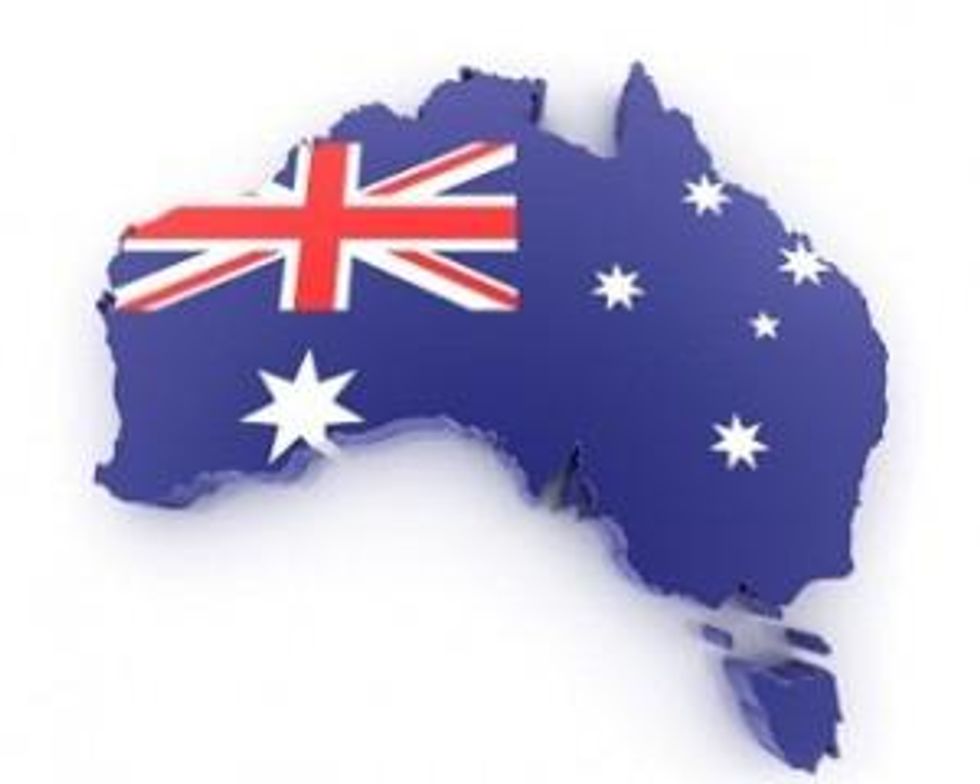New Fund to Direct Money at Australian Life Science Companies
Australia’s life science sector often flies under the radar. However, at least one industry player is looking to put a stop to that.
Australia’s life science sector often flies under the radar, and that may be in part because though medical science breakthroughs are certainly made in the country, they tend to undergo further development offshore.
However, according to The Sydney Morning Herald, at least one industry player is looking to put a stop to that. The news outlet reported Monday that Brandon Capital Partners, whose aim is to make seed and venture capital investments to support the development and international growth of Australian life science companies, will announce this week that it’s raised AU$200 million to create the country’s largest life science fund ever.
The money will come from AustralianSuper, HESTA, StatewideSuper and Hostplus, and will be placed in Brandon Capital’s third Medical Research Commercialisation Fund (MRCF 3). The other two funds are the $40-million MRCF IIF and the $11-million MRCF Trust.
Explaining why a third fund is being created, Chris Nave, managing director of Brandon Capital, told The Sydney Morning Herald that MRCF 3 will be focused on “get[ting] in on the ground floor of early stage biotechnology ventures with the potential to grow into massive global companies.” He added, “[w]e want to find the next Cochlear, CSL or Resmed.”
Nave’s firm is motivated to help that type of company in particular because it believes the Australian government is not giving them enough attention. “The government spends roughly $5 billion per annum on early stage medical research but next to nothing on supporting the translation of those discoveries into patents or commercial enterprises,” Nave said, adding, “Australia consistently ranks as one of the top nations for medical research, but one of the worst for bringing those discoveries to market.”
In terms of how the fund will work, the news outlet states that MRCF 3 will have the first right to invest in discoveries from its hospital and university research partners, which include over 50 of Australia’s key medical research institutes and research hospitals. Those partners will benefit not only from the potential to receive funding, but also by gaining “a small share of the profits when one of the other partners earns a windfall.”
That’s pretty exciting, and luckily the partners — and the public — don’t have to wait to find out where money will be going first. That’s because Nave and his firm already have four early stage ventures lined up to receive funding. Three are mentioned by The Sydney Morning Herald: Cardiora, Auspherix and Aravax. Respectively they are focused on heart failure, the treatment of highly resistant bacteria and vaccinating against peanut allergies.
However, they’re not the only companies set to receive cash. The fund’s initial stage will see over 30 early stage ventures receive a total of $50 million over a two-year incubation period. Nave predicts that about half of those companies will fail to qualify for the next round of funding, but those that do will receive the $150 million left in the fund. They’ll use that money for human trials. Nave’s expectation is that ultimately a few companies will make it through to the third stage, during which the fund’s four investors will have the option to co-invest up to another $30 million in each company.
Whether any of the MRCF 3 companies will be successful of course remains to be seen. That said, it’s worth noting that Brandon Capital has invested in a number of successful life science companies through its other funds, including Fibrotech Therapeutics, Global Kinetics, PolyActiva and Vaxxas. None of those are public, nor are the ones that are set to receive money from MRCF 3, but it’s possible that the interest from Brandon Capital Partners will make the Australian life science sector a little more lively moving forward.
Securities Disclosure: I, Charlotte McLeod, hold no direct investment interest in any company mentioned in this article.
